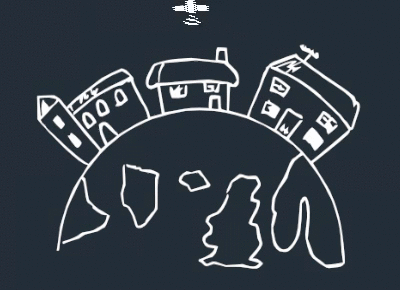.
Have you ever Googled your site? Try it using words you think your customers might use if they hadn’t heard of your actual business. Where do you appear? How long would you keep pressing ’Next Page’? One, two, three pages? If you’re not in view by page 5, then pretty much forget looking further. If you’re in the top 3, then well done – put your feet up.
If, however, you’re not as high as you’d like, and you acknowledge how important this placing is, then read on. Some of the ways Search Engines rank your site may be a surprise to you.
 Our Top Ten SEO Tips
Our Top Ten SEO Tips
- Search Engine Submission. Submit your business to Google, including map location. This means that when anyone searches for your type of business in your area, you’re included in the listing, and pinpointed on the map. You’ll need to near your phone as they ring to confirm it’s a real business.
- Analytics. Get your web consultant to install ‘Google Analytics’ onto your site. It’s free, and it gives you great information on where your clients are coming from, how long they spend on your site, and the route they take. It also tells you what words they use to search for you.
- Keywords. Guess, or find out from your customers what words they might use to find your business on a search engine, and use Google analytics, then make sure you include these key phrases in your site, and most importantly on your page titles.
- Updates. Keep your site alive. Search Engines stay interested if your site is regularly updated.
- External Links. Get yourself some friends who are prepared to include you as a link on their site. The more ‘referrals’ you get from ‘important sites’, the more important Google thinks you are. Be careful though. If you only use reciprocal links, which rarely get used by customers, Google will notice, and may punish you with a lower ranking.
- Site Links. Make sure you have plenty of links around your site to other areas on the same site. Also, ask your web consultant to include a site map somewhere on your site. Google likes these, and will follow them.
- Marketing Your Site. Whatever marketing you do, think about how you can get your customers to visit your site. The more visits you get, the better your ranking. Email marketing, and regular emails should include a clickable link to your site. Even better, use your site to collect email addresses from potential clients. Remember though, you need to be mindful of data protection rules with people’s personal information.
- Social Media & Blogs. Search Engines like Blogs. You don’t have to use this to talk about your skiing holiday. You can use it to announce latest offers, or news. A good source of potential customers could be from Facebook or Twitter. Any links from here will raise your ranking.
- Trade Directories. Make sure you check that these all have your website address listed.
- ‘Pay Per Click’. This is a way of paying to be top of Google searches. It’s a bit of a last resort, although if used for a short period, it can help you find the words which will find you. You can choose what words will find your site. You pay every time someone then clicks on your site link. It’s generally the list on the right hand side in Google. Use this if you’re in a saturated market.
By Rob Jones from www.villagewebdesign.co.uk
